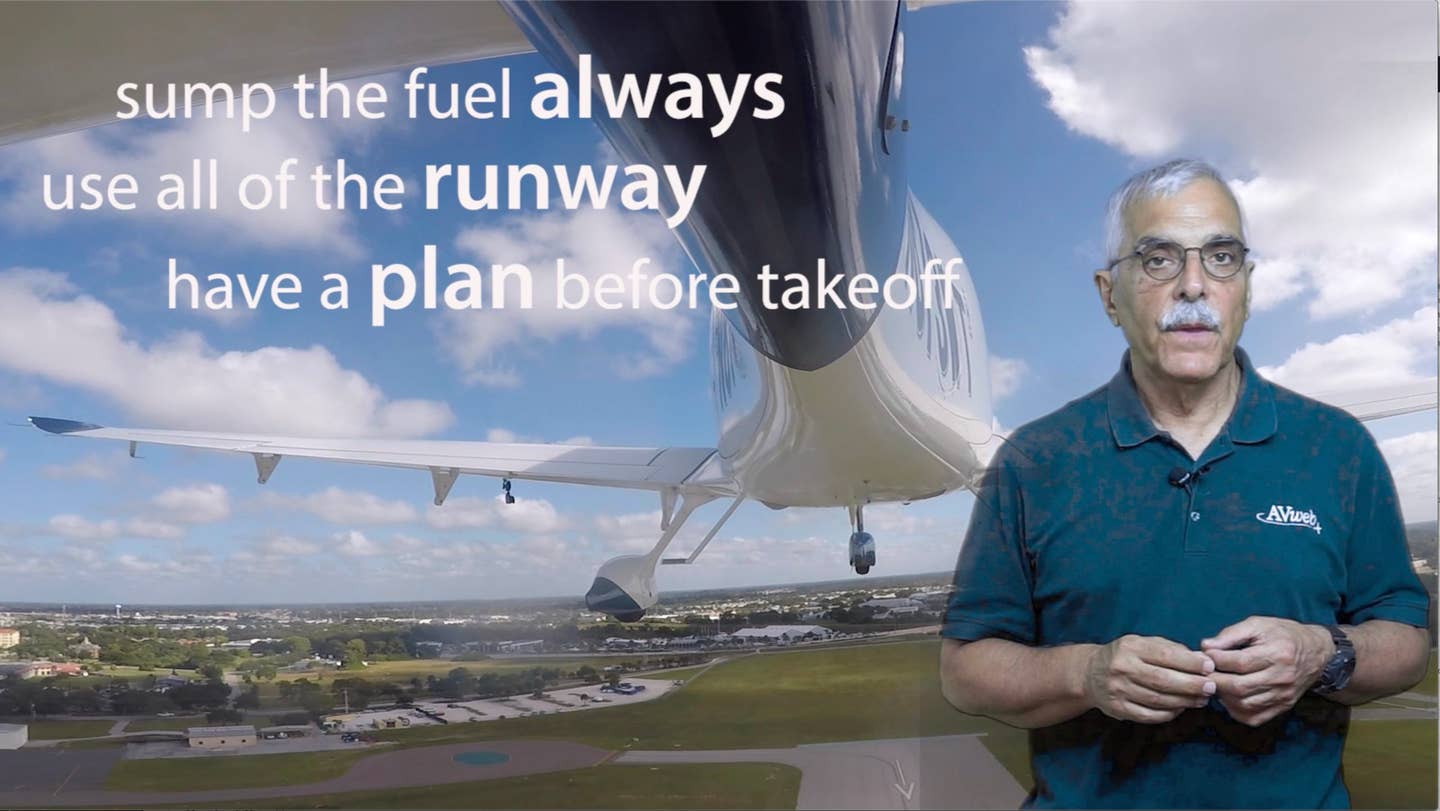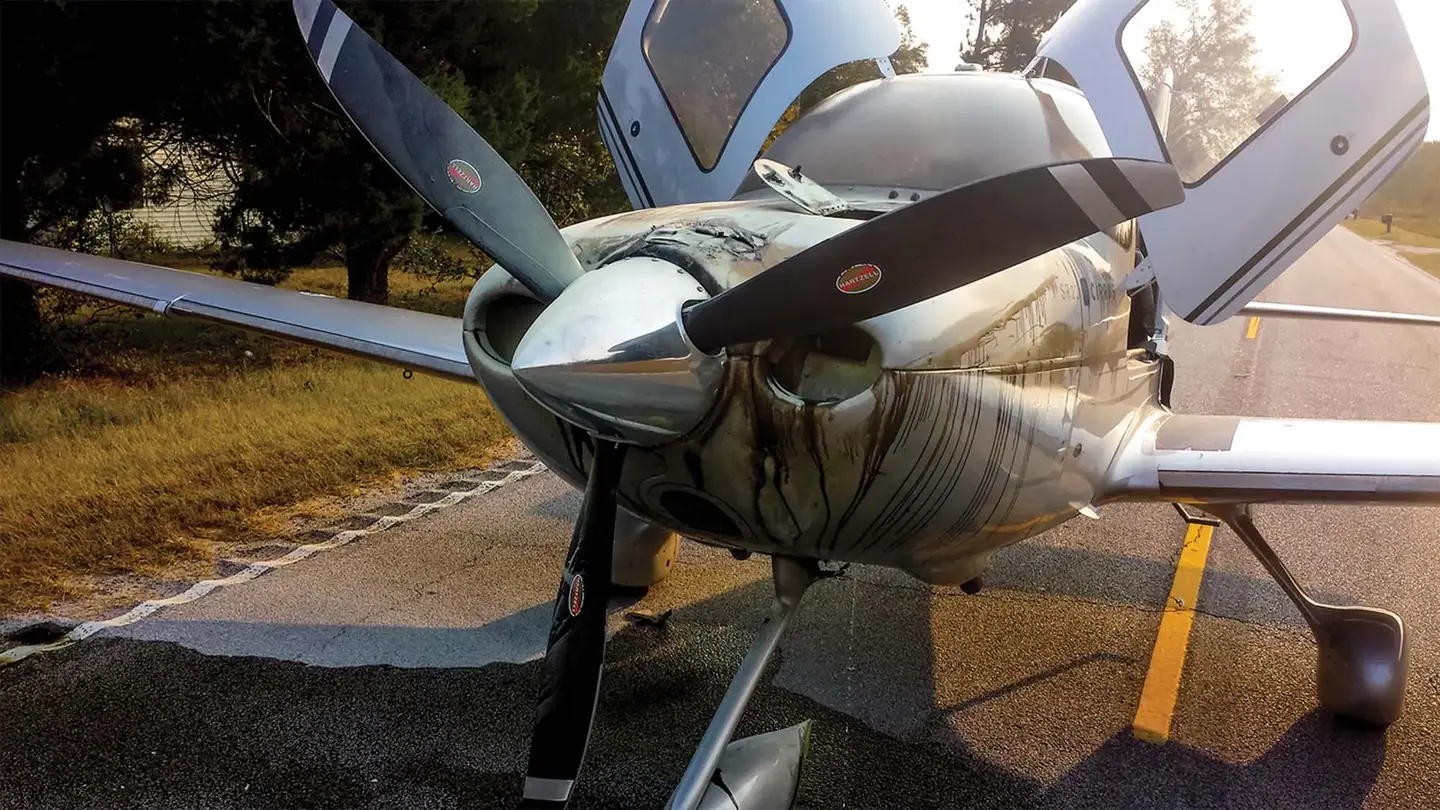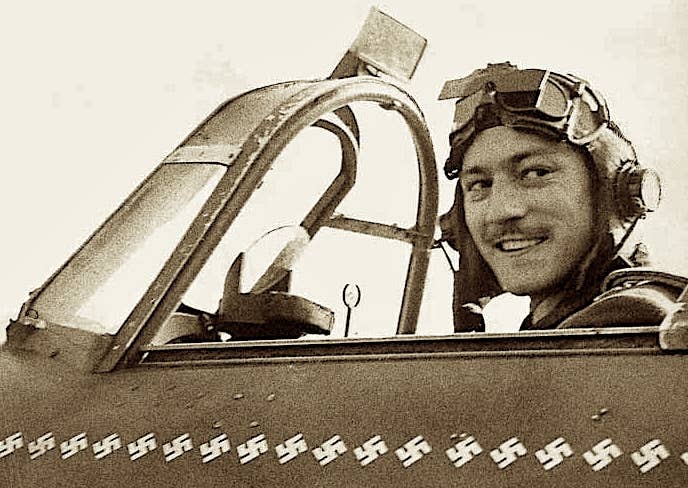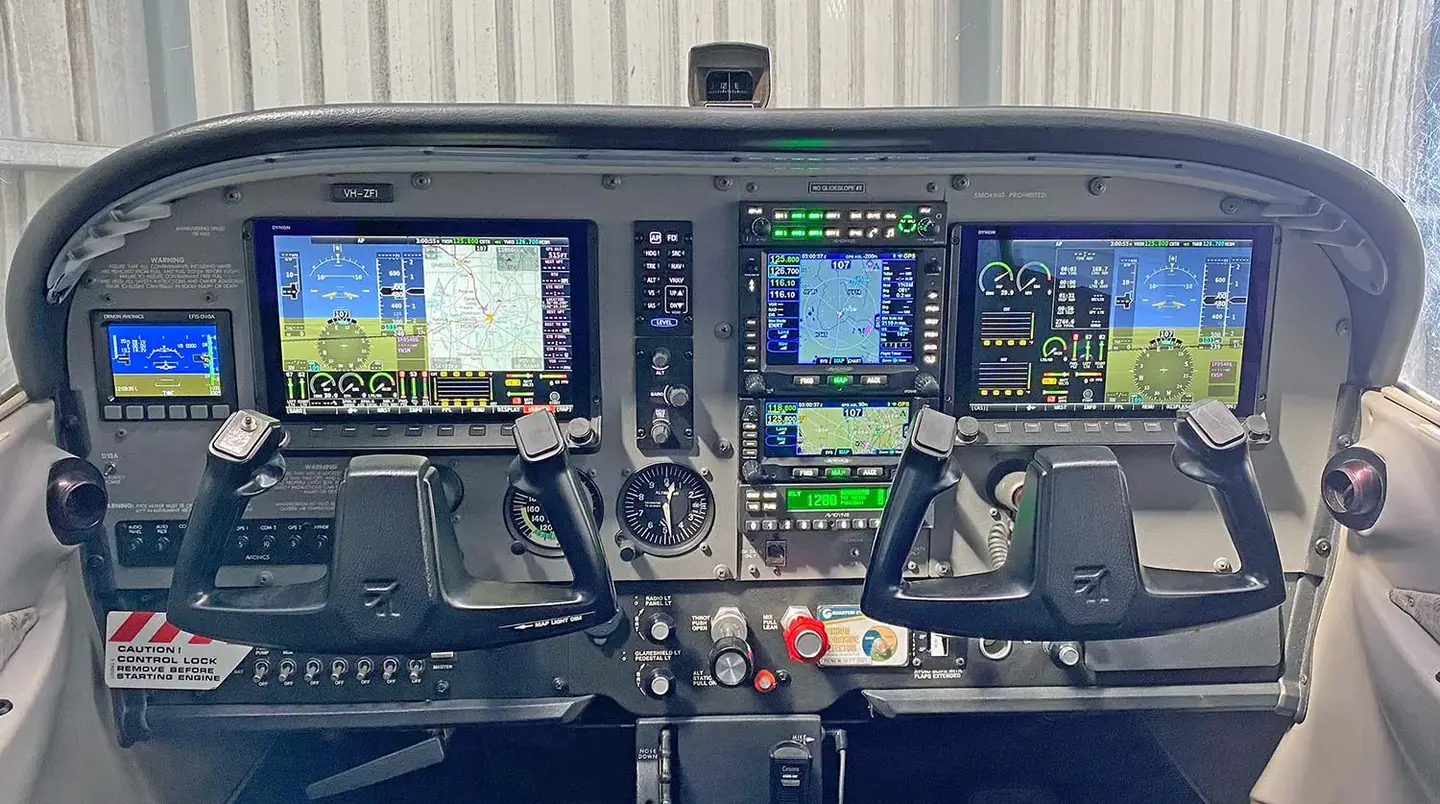Top Letters And Comments, July 3, 2020
This week’s letters brought comments from readers about takeoff accidents, flight training techniques and airline travel during the coronavirus pandemic.

Takeoff Accidents Analyzed
Paul, thanks again for what you do to promote aviation safety. I think you just saved a life or two with that video. Someone will see that video and have an engine failure on takeoff that will benefit from going through your teachings. 16 years ago, I lost oil pressure in my Bonanza (ended up being due to a piston pin cap failure and subsequent effect on the engine driven fuel pump) followed by a thrown rod 1 minute later. I was 7 miles from an airport and 3500 AGL. I had just read an article in the ABS magazine about gear up landings and how they are a non-event in the Bonanza, and also what you said about the airplane being expendable and insured, and the goal not being to save the aircraft, but the passengers. I had time to prepare for the engine failure I knew was coming in a minute with loss of oil pressure. I also did not have to immediately push the nose over as I was in cruise. Immediately pitching down to the approximate best glide attitude from the initial climb attitude is so critical. Without practice, every instinct is to pull back to keep the ground away. Practicing repeatedly until that instinct is extinguished is life-saving.
Justin G.
Really enjoyed the video. I really hope that every pilot watching (including myself) will take this advice seriously. Every day I see good pilots making bad decisions and it can be frustrating and discouraging. It is almost always simple, seemingly inconsequential decisions that result in an accident.
B.Y.
Great video Paul. Thank you.
I once saw a small plane takeoff at night in IMC at CLT airport from an intersection. At the intersection he turned the wrong way and took off going nose to nose with jets that were coming down the ILS in IMC. The tower was screaming. Cessna turn left 090 immediately. USAir XXX Go Around. It was scary. Maybe this is something else to think about with an intersection takeoff. Does my heading indicator verify I am taking off on the assigned runway.
William B.
That Which Does Not Kill Me Improves Rudder Technique
Excellent article as always. Personally, I think there has been a general dumbing down of training starting with instructors who are not confident in their own skills. They just cancel the lesson if the conditions are even a little adverse and so the students are deprived of the opportunity to stretch
If you are a low time pilot it is worth finding the old timer who has been there and get him to go out with you on a blustery day.
With respect to the engine failure after takeoff (EFATO) I teach my students to always articulate a plan for the first 1000 ft of climb. The briefing starts with what they are going to do if the engine fails on the ground and the most important part “In the event of an engine failure after liftoff, I will immediately push forward on the wheel/stick and establish the attitude for best glide airspeed”. While he is saying that he/she will physically push the wheel forward so that muscle memory is established. I hope that in event the engine fails they will react.
The bottom line is if you do only that you will probably live, if you don’t you will probably die.
Finally, I did a survey of engine failure accident reports. Approximately 75% were directly caused by the actions or inactions of the pilot. The best way to deal with an engine failure is to not have it fail in the first place.
David G.
Poll: Are You Ready To Get On An Airliner Yet?
- Been on them weekly.
- Flying my own aircraft when possible. Otherwise, driving.
- 3 to 6 months depending on infection rates.
- Riding public transit to the airport right now.
- No way I will ever airline on my dime as long as the mask requirement is in place. I will also avoid airlining for work as much as possible, as long as the work schedule allows time for driving! – Matt W.
- Yes, but the governor's restrictions may limit travel.
- Anytime.
- When airlines become adults.
- Absolutely not! It’s bad enough to be in aluminum tube if I was the only passenger. But be in an environment with other folks looking for excuses to justify pre-Covid behavior flying (no pun intended) in the face of the most rudimentary virus transmission safety protocols already proven to work is insanity.
- Don't have anywhere to go right now.
- It depends on loading. Not for a packed plane.
- After a vaccine is available.
- With mask and low-density seating.
- I'll go back to flying the airlines when they stop requiring that passengers wear masks.
- Depends on seating arrangement, won't go on packed United or American.
- When there's a vaccine. Calendar is irrelevant, and I don't HAVE to travel right now.
- As soon as the mask policy disappears.
- When the infection rates drop.
- If I have to get somewhere and can't drive, YES. I have avoided airlines as much as possible since 1986. Seats aren't much better than a picket fence, too narrow, no leg room and only recline about 2 inches. Plus major hassles with TSA and all the extra fees charged by the airlines.
- 6 months and see.
- You bet.
- On the fence.
- Personally, looking at a year. However, I'd go tomorrow if needed.
- I never stopped...
- If I needed to I would. I'd be wearing a mask.
- Not until Covid decreases.
- Give me a vaccine; otherwise I will only fly if there is no alternative and it's an emergency.
- Why? I own a plane.
- Not really.
- At my age (78), risk of coronavirus infection is high enough to keep out of airliners indefinitely.
- Flights booked in Nov. Ask me in Oct.
- Maybe in Q4.
- No. But I am happy to fly myself.
- When new cases stabilize at reasonable numbers.
- Airliner - fine. It's the TSA screening I'm worried about.
- Not until masks aren't required.
- My job requires me to get on airliners to get to/from the planes that I fly.
- Give me three months.
- Think I'll be sticking to my personal "airliner" until further notice.
- Not yet, and not until I'm satisfied exposure is far less likely.
- Only one that doesn't “pack ‘em in.”
- Yes - probably the safest time as any with the senior pilots flying.
- And go where?
- Took a flight last week, got sick, not Covid, but not flying soon.
- Yes, but not on the 737 MAX.






